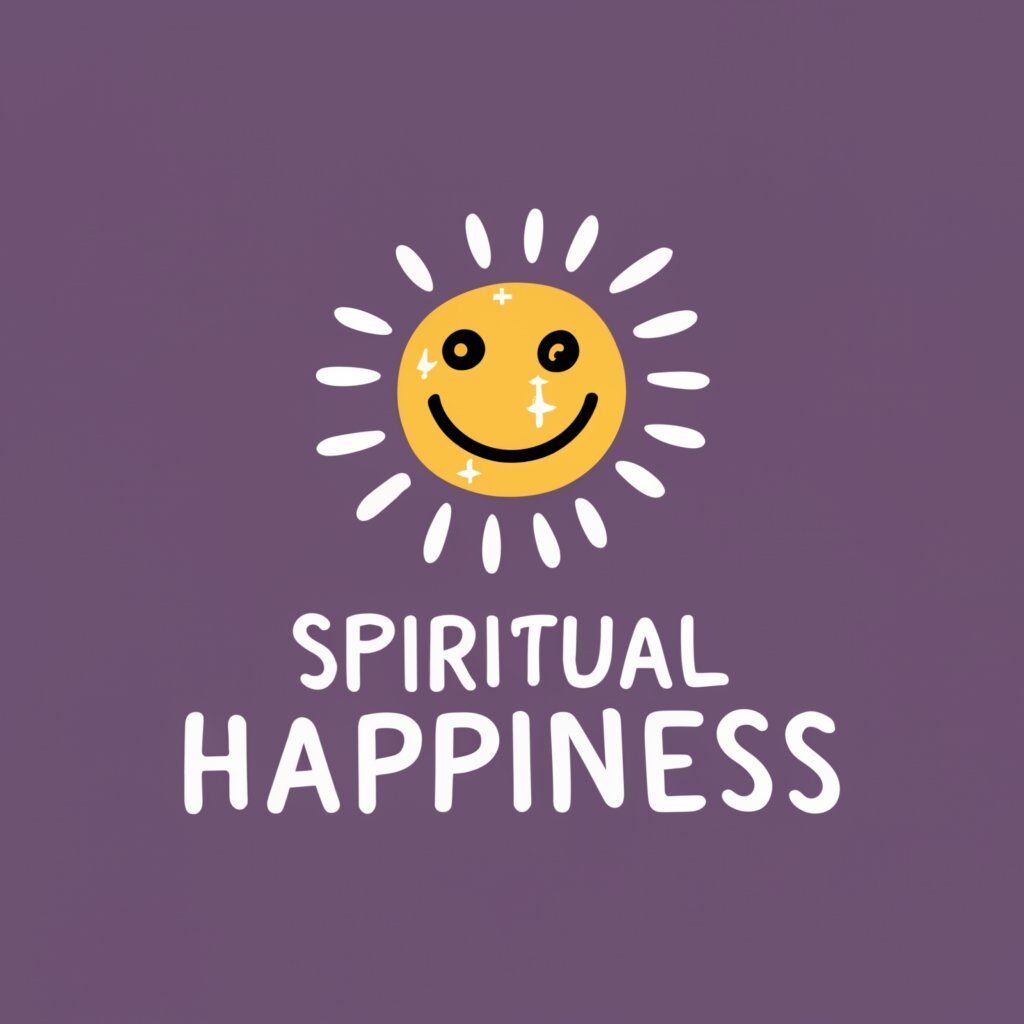Exploring the Origins: Which Religion Came First?
In the vast tapestry of human history, the question of which religion came first is an intriguing one. This inquiry takes us on a journey through the annals of time, seeking to unravel the mysteries of our ancient beliefs and spiritual practices. Join us as we delve into the fascinating world of religious origins, examining the dawn of faith and the path it has paved for countless generations.
The Primordial Quest for Spirituality
Hinduism: An Ancient Legacy
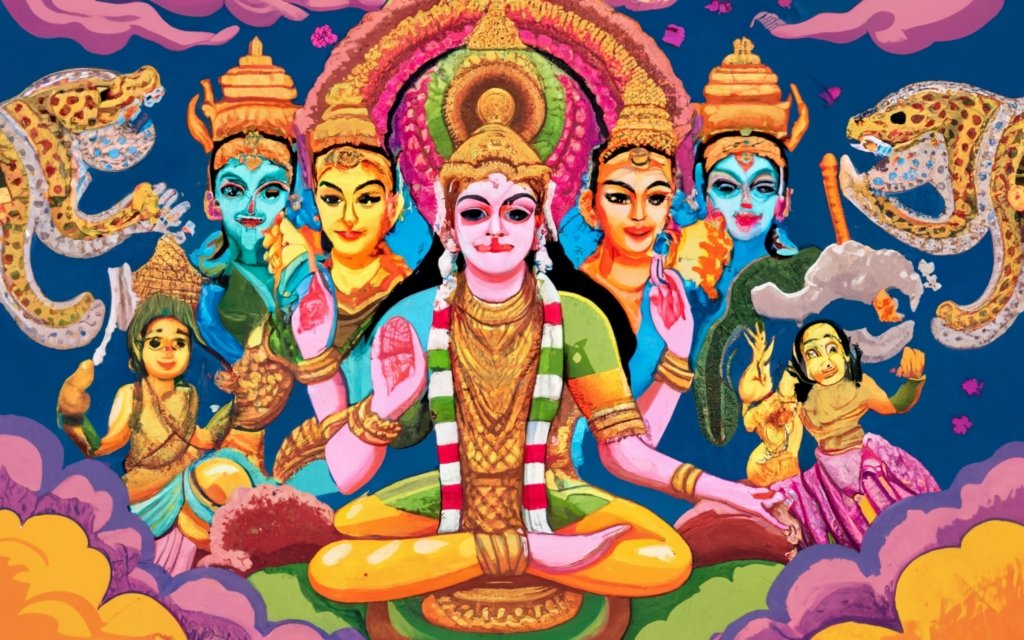
One of the earliest religions to emerge on the world stage is Hinduism. Adherents hold that Hinduism—often referred to as Sanatan Dharma—can trace its roots back thousands of years. With sacred texts dating back 3,000 years or more, it is undoubtedly one of the oldest organized belief systems known to humanity. Hinduism‘s rich tapestry includes a pantheon of gods and goddesses, intricate rituals, and philosophical treatises that have shaped the spiritual landscape of the Indian subcontinent.
Judaism: The Covenant with God

Another ancient faith that deserves our attention is Judaism. While not as ancient as Hinduism, Judaism’s origins can be traced back to around 2000 BCE. It is characterized by its monotheistic beliefs, with a central focus on the covenant between the Israelites and their God, Yahweh. The Torah, the foundational text of Judaism, contains the laws and teachings that have guided Jewish communities for millennia.
Exploring Other Faiths and Their Timelines
Christianity and Islam: The Younger Siblings

When contemplating which religion came first, we encounter the Abrahamic faiths of Christianity and Islam. These religions, while significantly younger than Hinduism and Judaism, have played pivotal roles in shaping global religious landscapes.
Christianity, with its roots in the 1st century CE, centers on the life and teachings of Jesus Christ. It has evolved into various denominations, with Catholicism and Orthodoxy being two major branches. Catholicism is often considered one of the earliest Christian denominations, and its schism with Orthodoxy in 1054 CE marked a significant point in religious history.
Islam, emerging in the 7th century CE, was founded by the Prophet Muhammad. It quickly spread across the Arabian Peninsula and beyond, becoming a major global religion. The question of which religion came first between Christianity and Islam may lead to intriguing discussions about their historical timelines.
The Enigma of Monotheism
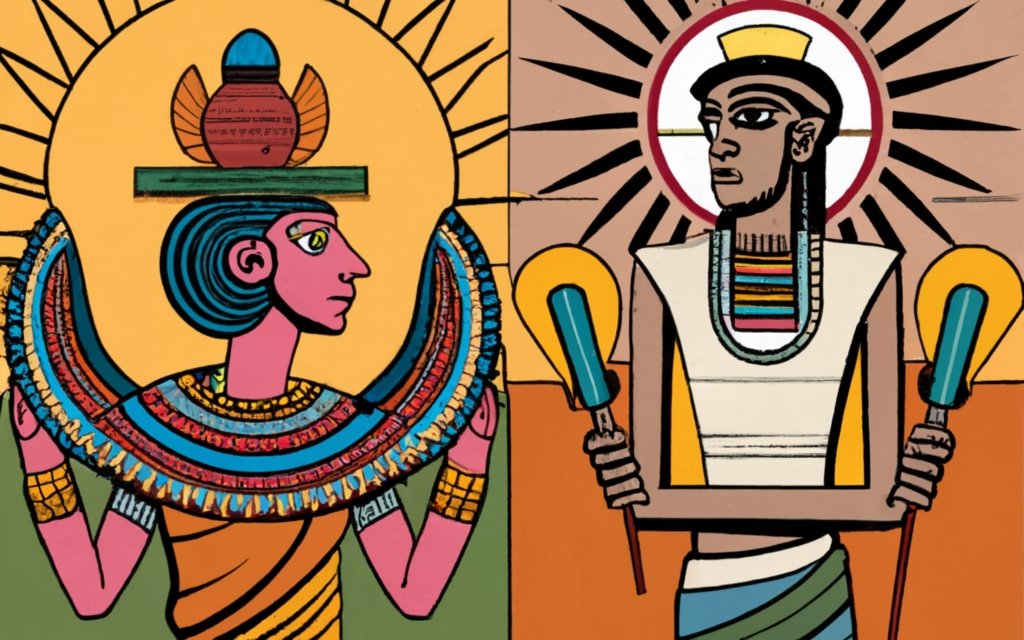
Delving further into our quest, we explore the concept of monotheism. Monotheistic religions believe in the existence of a single, all-powerful deity. While Judaism is often credited as one of the earliest monotheistic faiths, it’s essential to consider other ancient belief systems that embraced monotheism.
The pharaoh Akhenaten, who reigned during Egypt’s 18th dynasty (around 1353-1336 BCE), introduced the worship of the sun god, Aten, as the sole deity—a remarkable departure from Egypt’s polytheistic tradition. While short-lived, Akhenaten’s religious reforms make us ponder what monotheistic religion came first on a global scale.
The Unending Quest for Knowledge
In conclusion, the question of which religion came first is a captivating exploration of humanity’s spiritual journey. Hinduism and Judaism stand as ancient pillars of faith, while Christianity and Islam represent more recent arrivals on the scene. The enigma of monotheism adds complexity to our quest, with various historical figures and cultures contributing to the concept.
As we unravel the tapestry of religious history, we find that the origins of faith are as diverse and intricate as the beliefs themselves. This journey through time reminds us of the unending human quest for knowledge, understanding, and a connection to the divine.
The Influence of Geography and Culture
Indigenous Religions: Rooted in Ancestral Wisdom
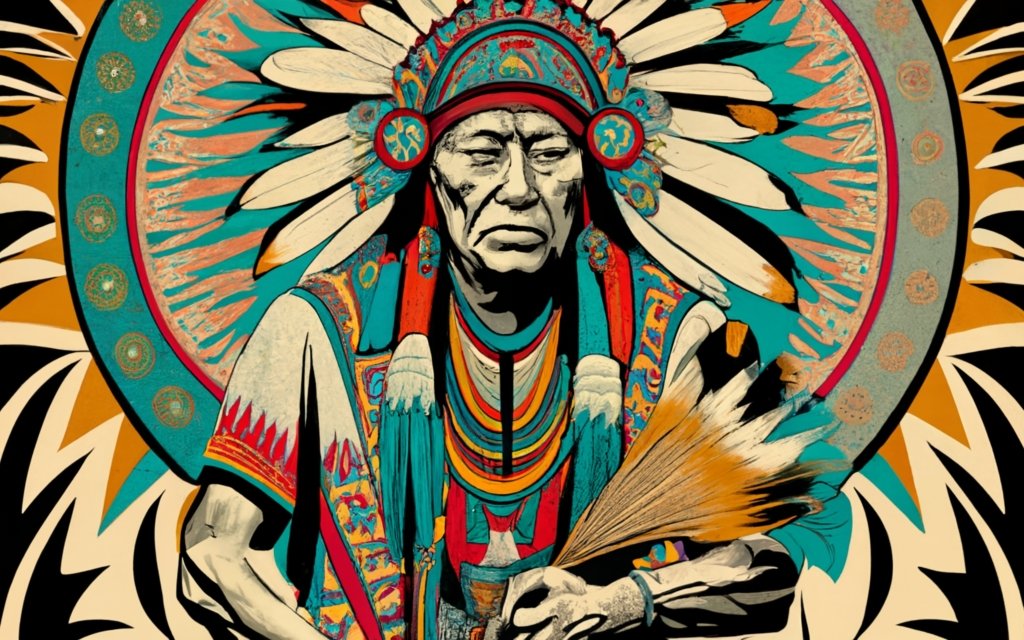
When considering which religion came first in the world, it’s essential to acknowledge the rich tapestry of indigenous religions. These belief systems are deeply intertwined with the land, culture, and traditions of their respective regions. From Native American spirituality to the Aboriginal Dreamtime, indigenous religions offer unique perspectives on spirituality.
Ancient Religions of India: A Spectrum of Belief
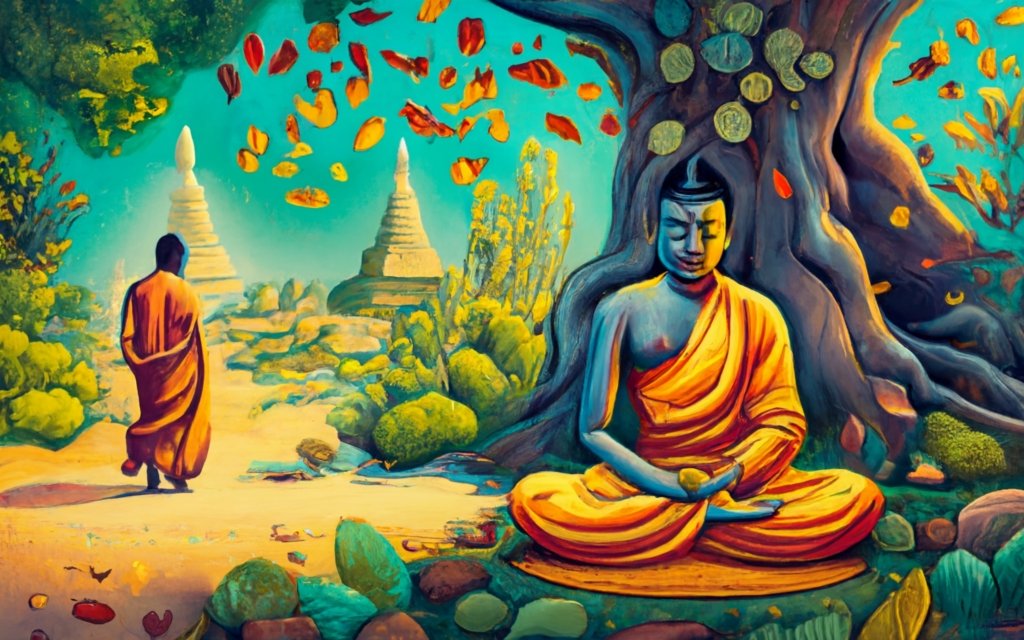
Returning to the question of which religion came first, we delve deeper into the Indian subcontinent’s spiritual diversity. While Hinduism takes center stage as one of the oldest, it coexists with other ancient traditions such as Buddhism and Jainism. Buddhism, founded by Siddhartha Gautama (Buddha) in the 6th century BCE, emphasizes enlightenment and the Four Noble Truths. Jainism, dating back to the same era, promotes non-violence (ahimsa) and spiritual asceticism.
The Evolution of Belief Systems
Syncretism: Blending and Borrowing

In the tapestry of religious history, we find instances of syncretism— the blending of different belief systems. This phenomenon often occurs when cultures come into contact, leading to the incorporation of foreign deities and rituals into existing faiths. Syncretism challenges our notion of which religion came first, as it creates new hybrid belief systems.
Zoroastrianism: An Ancient Flame

Among the world’s oldest known monotheistic religions is Zoroastrianism, originating in ancient Persia around the 6th century BCE. Zoroastrianism’s influence can be seen in the development of monotheism and moral dualism, where the eternal struggle between good (Ahura Mazda) and evil (Angra Mainyu) shapes the universe. The religion’s fire temples and rituals have left a lasting legacy.
The Multifaceted Nature of Faith
Animism: A Primitive Connection

Animism is another facet of religious history, characterized by a belief in the spiritual essence of all things. This worldview is often attributed to early human societies, where natural elements, animals, and even objects were considered imbued with spiritual significance. Animistic beliefs persist in various forms within modern religions and indigenous traditions.
Mythology: Stories of Creation
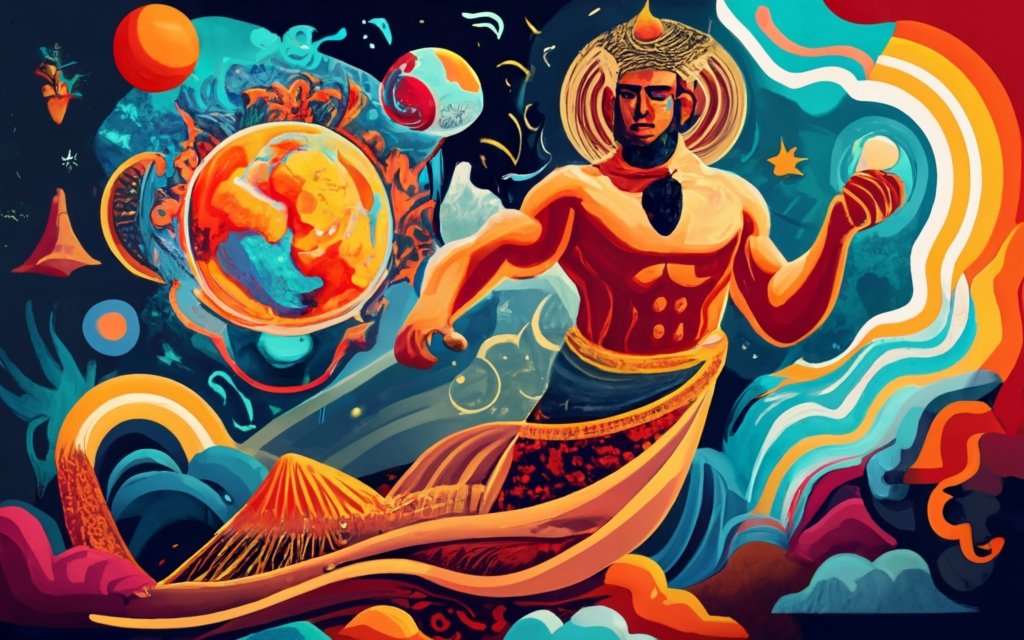
Mythology plays a crucial role in many religions, offering narratives about the origins of the world and humanity. These myths often feature gods and heroes, and they serve to explain the mysteries of existence. The study of comparative mythology reveals common themes and archetypes that transcend cultural boundaries, highlighting the interconnectedness of human belief systems.
Concluding Thoughts on Religious Origins
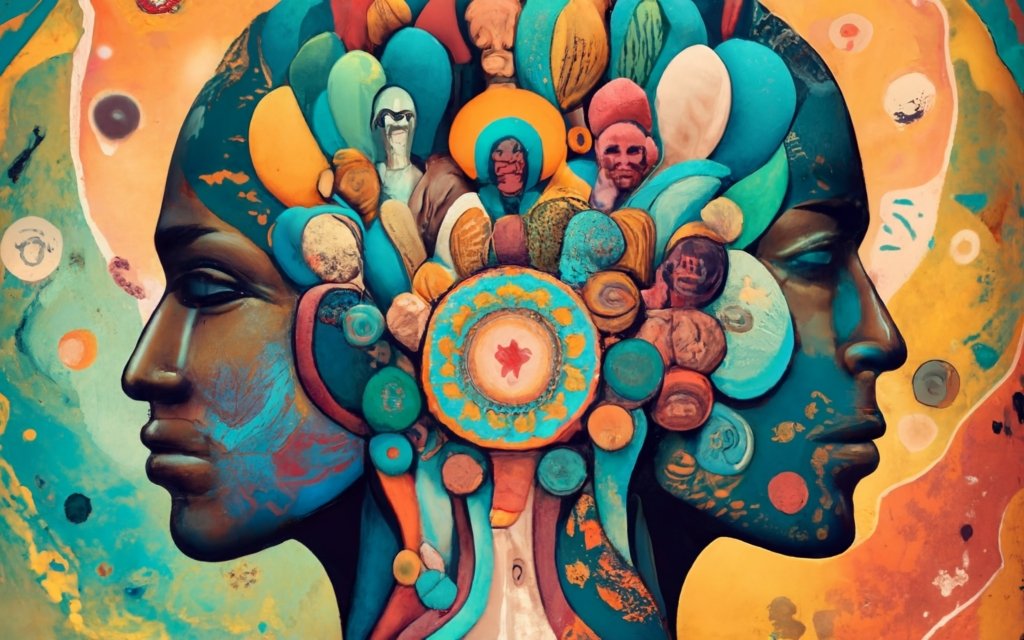
Our exploration of which religion came first in the world leads us to a multifaceted tapestry of beliefs, practices, and worldviews. From the ancient roots of Hinduism and Judaism to the syncretism of cultures and the influence of indigenous traditions, the evolution of faith is a complex and interconnected journey.
As we continue to seek answers to the question of religious origins, we must embrace the diversity and richness of human spirituality. It is a testament to our innate curiosity and the enduring quest for meaning in a complex world. Ultimately, the question of which religion came first transcends simple answers and invites us to explore the intricate and profound tapestry of human belief.
FAQ: Unraveling the Mysteries of Religious Origins
Q1: Which religion came first in the world?
A1: Hinduism is often considered one of the oldest organized religions, with its roots dating back thousands of years. However, the concept of organized religion evolved gradually, and other belief systems, like indigenous religions and animism, have ancient origins that predate organized faiths.
Q2: What monotheistic religion came first?
A2: Judaism is often credited as one of the earliest monotheistic religions, with its belief in a single, all-powerful God. However, Zoroastrianism, which emerged in ancient Persia, also laid the groundwork for monotheistic thought with its focus on the eternal struggle between good and evil.
Q3: Were there religions before Hinduism?
A3: Yes, before the emergence of organized religions like Hinduism, ancient cultures practiced various forms of animism, nature worship, and ancestor veneration. These beliefs, often referred to as indigenous religions, predate the more structured faiths we know today.
Q4: Which religion came first between Christianity and Islam?
A4: Christianity predates Islam, with its roots in the 1st century CE. Islam emerged in the 7th century CE, making it a younger Abrahamic faith in comparison. The two religions share common historical and theological elements but also have significant differences.
Q5: How did early humans perceive spirituality?
A5: Early humans likely perceived spirituality through animistic beliefs, viewing natural elements and living beings as imbued with spiritual essence. These beliefs evolved over time, giving rise to more organized religious systems.
Q6: What role did mythology play in early religions?
A6: Mythology played a significant role in early religions by providing narratives that explained the creation of the world, the origins of humanity, and the interactions between gods and humans. These myths served as foundational stories for belief systems.
Additional Insights on Religious Origins
While these FAQs provide a glimpse into the complexities of religious origins, it’s important to recognize that the history of faith is a nuanced and evolving field of study. The origins of religions are often intertwined with cultural, geographical, and historical factors, making it challenging to pinpoint exact dates and beginnings.
Religions continue to evolve, adapt, and diversify, reflecting the ever-changing human experience. The quest for spiritual understanding remains a fundamental aspect of our shared journey, reminding us of the enduring human desire to seek meaning, connection, and a deeper understanding of the mysteries of existence.
In our exploration of religious origins, we unveil a rich tapestry of beliefs, traditions, and philosophies that shape our worldviews and influence the course of history. It is a testament to the depth of human thought and the power of faith to inspire, guide, and unite communities across time and space.
